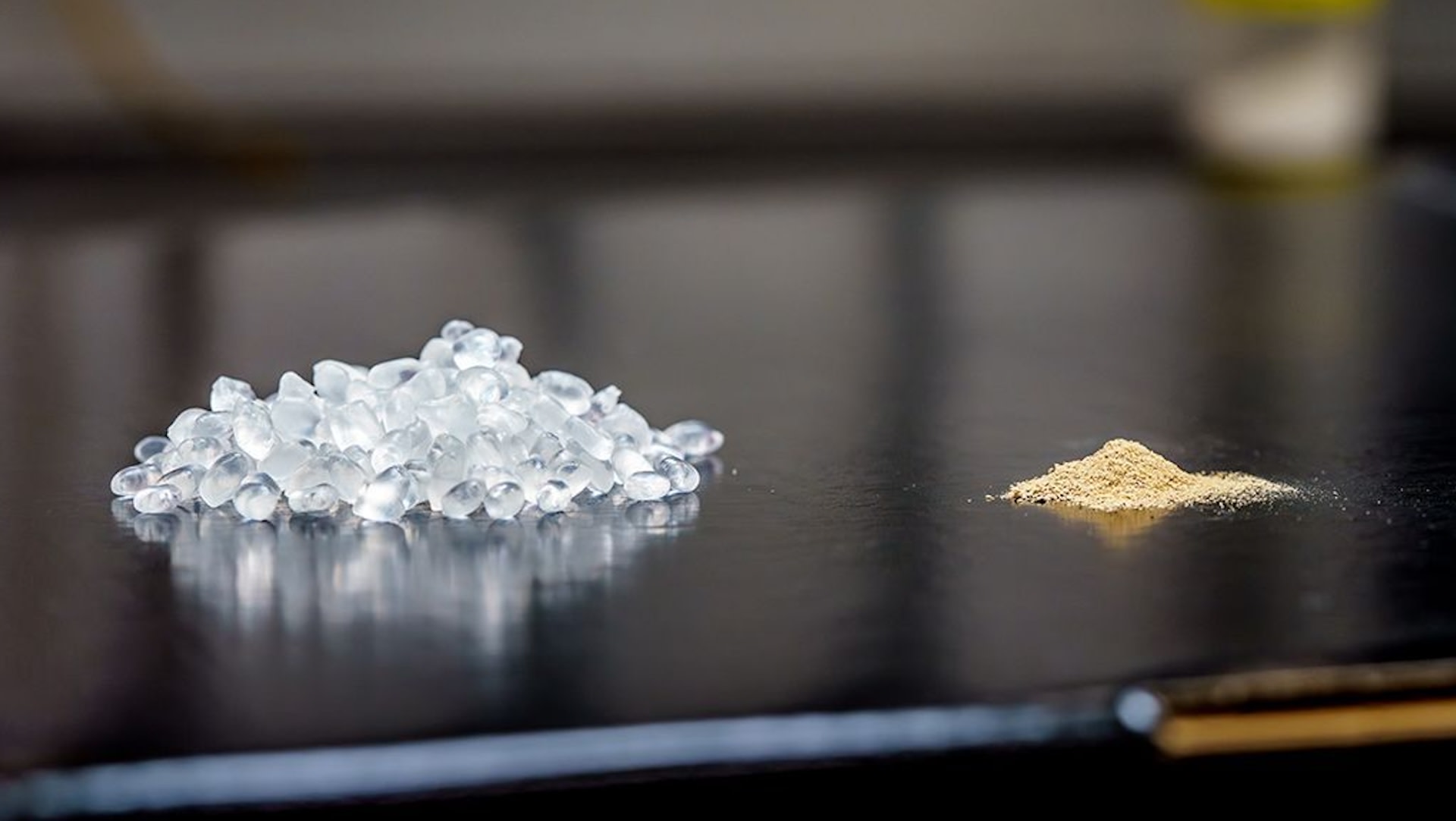Every day, scientists around the world chip away at problems, working step by step to build technology that improves the world.
Most start out with a plan for how to address a problem — but some of the biggest leaps forward in technology have come from unexpected discoveries along the way. Here are five recent, unexpected advances that surprised the scientists who discovered them.
A new kind of solar panels

Solar panels only convert part of the sunlight that hits them into electricity. One team started looking for ways to improve this ratio and make solar panels more efficient.
Instead, they discovered it was easier to simply catch more sun by adjusting the solar panel to fit its surroundings. Solar panels based on this principle could be transparent or flexible so they can be installed in more places than ever before.
3D 'supermaterials'

Graphene is a "supermaterial" that is only a single carbon atom thick. Normally, it's a flat sheet that can only react with other elements along its edges.
However, researchers accidentally discovered a way to "crumple" it, creating many more edges where the substance can interact with others. That discovery led to the creation of a lithium-sulfur battery that doesn't need as many rare metals as existing lithium batteries and could be up to 40% lighter — ideal for an electric vehicle.
Energy out of thin air

One team found a way to harvest electricity from, quite literally, thin air. The original purpose of this project was to create a humidity sensor. But instead, researchers found they could generate a continuous electrical current from humid air.
One student forgot to plug in the equipment, but they still received an electrical signal. Their current device is the size of a thumbnail and can light a single pixel of an LED screen, but it lays the foundation for much larger projects gathering electricity from the air.
Self-destructing plastic

The main problem with plastic is how long it takes to break down at the end of its life — often a century or even several centuries. To combat that, researchers created a new kind of biodegradable plastic that is full of bacterial spores.
When it's exposed to an environment with lots of microbes — like a compost heap, for example — it starts to break down rapidly and is 90% gone in just five months — a major improvement.
Electricity from plants

Researchers who were investigating the possibility of using plants to generate power made an unexpected breakthrough when they realized that power-generating ability was linked to a plant's circadian rhythm.
Internal processes inside the plant, such as photosynthesis and the flow of sap, are directly linked to the time of day, so their ability to generate power also operates on a cycle.
Join our free newsletter for weekly updates on the latest innovations improving our lives and shaping our future, and don't miss this cool list of easy ways to help yourself while helping the planet.









